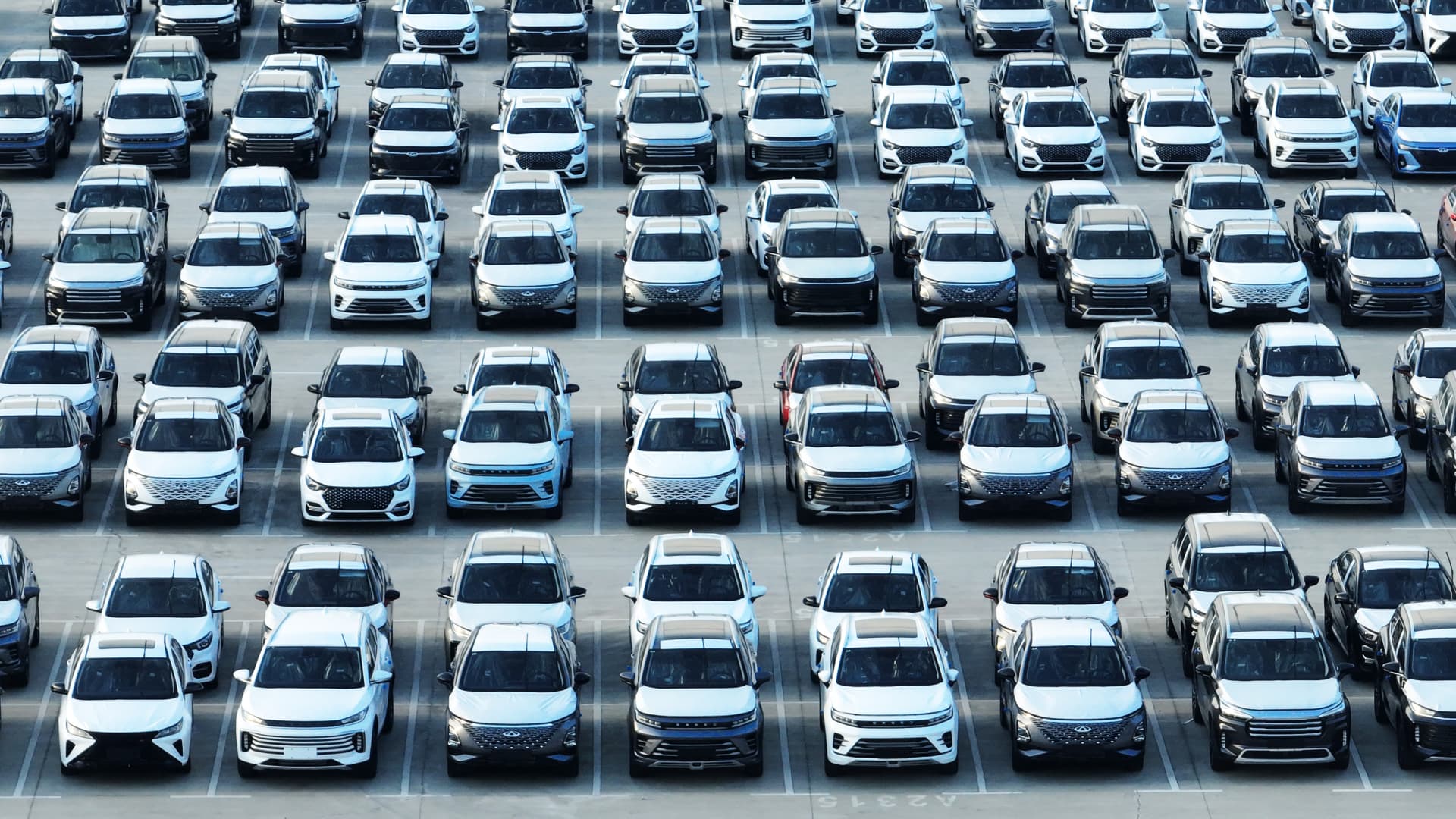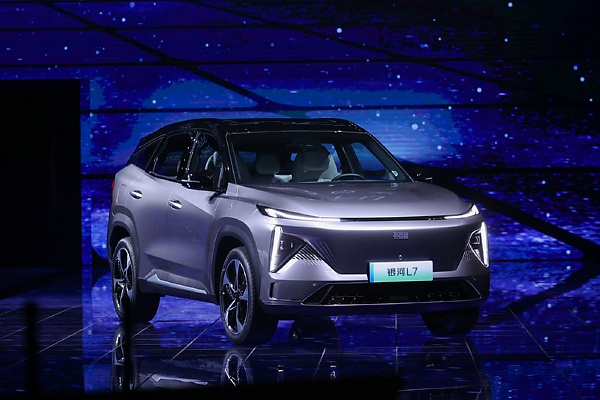Last year marked a significant shift in the global automotive landscape, with China surpassing Japan to become the world’s largest car exporter. The momentum behind China’s automotive industry, particularly in the realm of electric vehicles (EVs), played a pivotal role in this transition.
According to a report by the China Association of Automobile Manufacturers (CAAM), the country exported over 4.9 million cars in 2023. In contrast, the Japanese Automobile Manufacturers Association reported a figure of 4.4 million exported cars just last Wednesday.

The shift in leadership can be attributed, in part, to major Japanese car brands, such as Toyota, producing a substantial number of vehicles beyond their domestic borders, a trend less pronounced among Chinese manufacturers.
Noteworthy is the recent development where the American automaker Tesla conceded its position as the foremost electric car manufacturer to a Chinese competitor. Shenzhen-based BYD, originally a battery manufacturer, outpaced Tesla in the fourth quarter by selling over 526,000 electric vehicles.
Critics often accuse China of engaging in unfair competition, citing the growth spurred by generous state subsidies for its car manufacturers.
This has prompted the European Commission to launch an investigation into government aid that allegedly artificially keeps Chinese cars competitively priced. The outcome of this inquiry could potentially result in punitive measures against China’s automotive industry.

